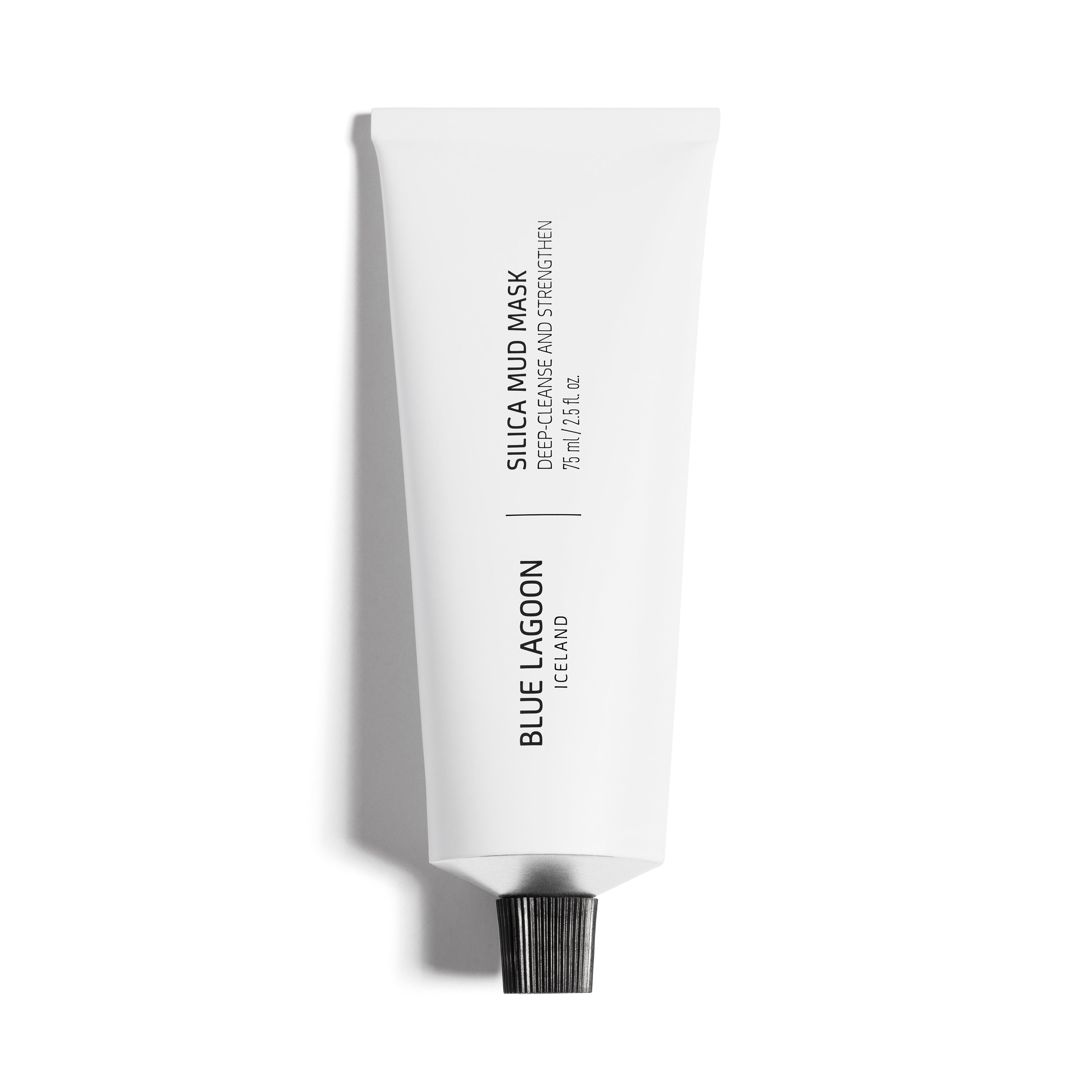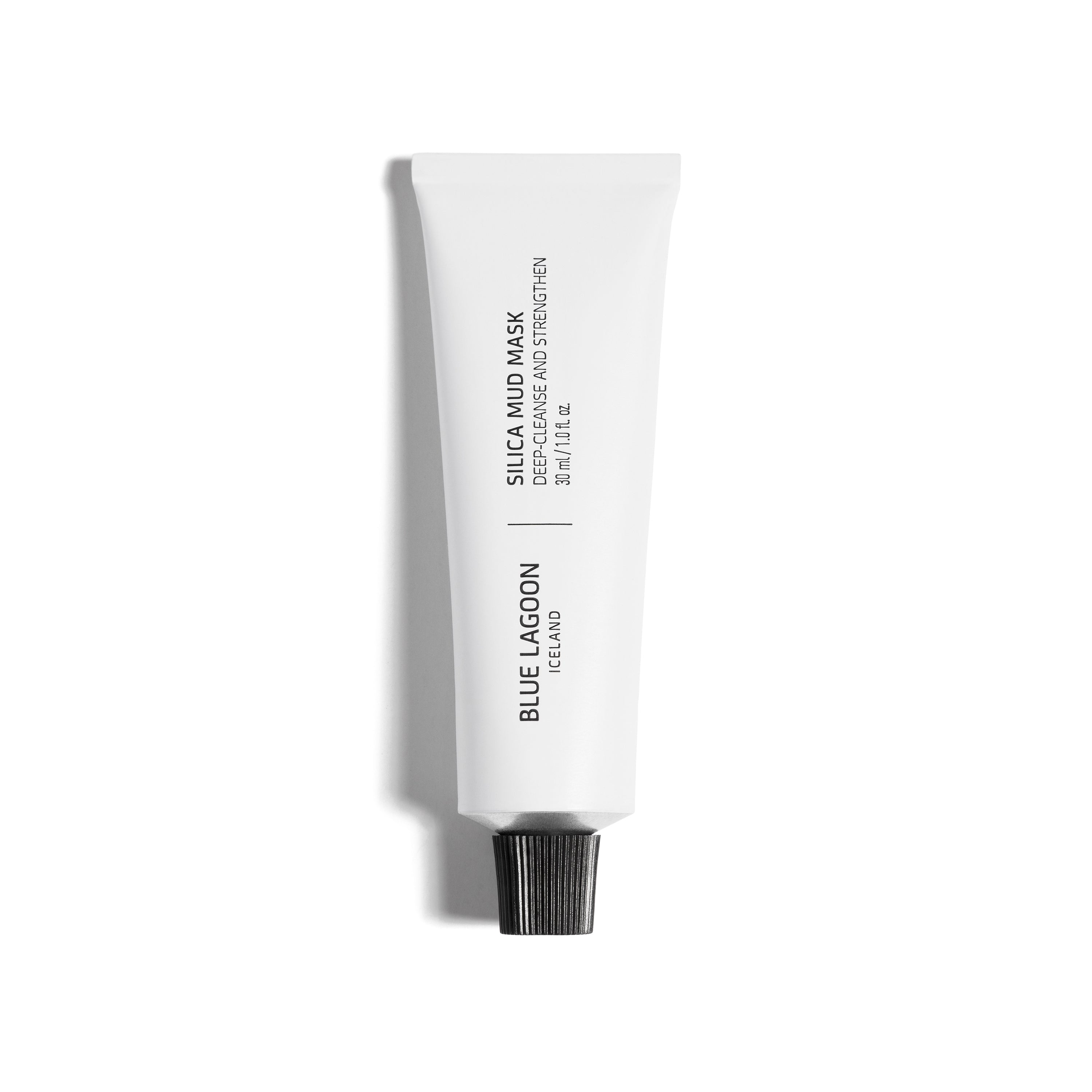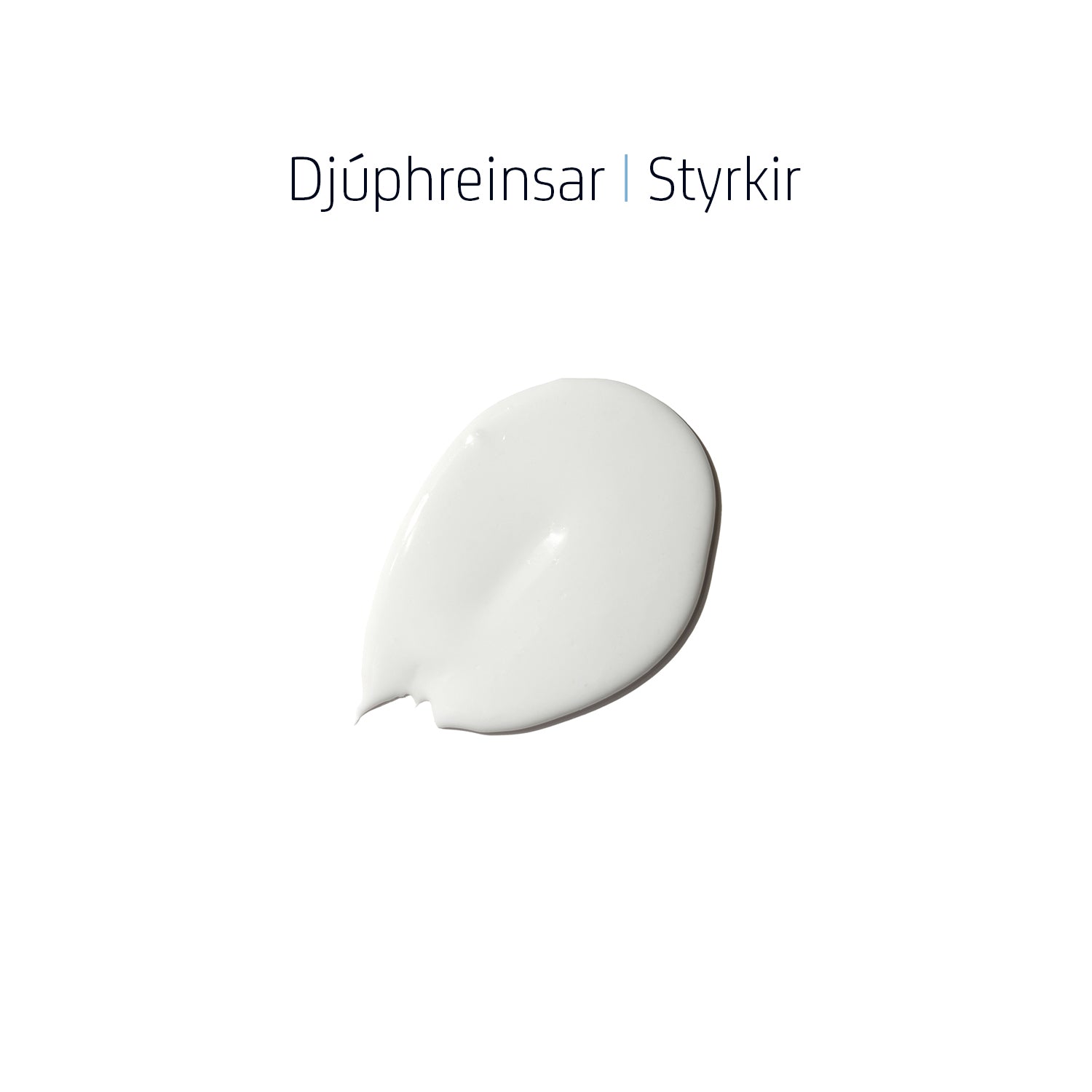
DEEP INTO SCIENCE
The Glowing Skin Diet
14 foods to eat (and 6 to avoid!) for optimal skin health.
Next time you sit down to eat, consider how the food on your plate (or the drink in your glass) may be affecting your complexion: Could it possibly be making your skin dull and dry or helping you glow from within? Could your diet be contributing to breakouts or triggering rosacea?
Research shows that with skin’s exposure to internal and external influences, “certain food contribute to anti-inflammatory processes in your body at a cellular level and help prevent damage from oxidative stress,” says Monica Auslander Moreno, a registered dietitian nutritionist in Miami, Florida. Here, Auslander Moreno walks us through exactly what you want to stock up on—and what you want to avoid.
1. Celery, cucumber, watermelon, watercress.
“One of the many reasons we recommend eating fruits and vegetables is that they contain somewhere between 80 and 95 percent water, so in addition to vitamins and nutrients they also have a role in hydrating our skin. These fruits and vegetables in particular have a particularly high water content which contributes to the plumpness and integrity of skin cells.”
2. Blueberries and raspberries.
"These contain over 80 percent water, so they offer hydration benefits, and are also rich in antioxidant benefits. One of the ways cells get damaged over time is oxidative stress. Including natural antioxidants in your diet helps prevent free-radical damage and prevent premature aging.”
3. Sardines, herring, salmon.
“Everything from acne to aging to sun damage is in some way associated with inflammation. So eating foods that contribute to anti-inflammatory processes in your body at a cellular level will benefit the skin. These wild, fatty fish are very high in omega-3s and antioxidants.”
4. Green tea
“It’s incredibly high in epigallocatechin-3-gallate (EGCG), an antioxidant that can protect skin cells from free radical damage. But when drinking tea, it’s important not to offset the skin benefits by adding sugar or synthetic creamers.”
5. Onions, garlic, leeks.
I“While every gut and microbiome requires different probiotics, which is why we don’t tend to recommend taking prebiotic supplements anymore, I do like to stress the importance of prebiotic foods to help optimize the health of your gut and your skin.”
6. Miso, sauerkraut, kimchi.
“These fermented foods are full of gut-friendly bugs that benefit your microbiome and help with inflammation.”
7. Chia seeds.
“The reason I love recommending chia seeds for skin health—and eat them every day myself—is that they are loaded with fiber and b vitamins, are an anti-inflammatory food, and also have a nice gelling effect in the gut so they are very good in what is called motility, which is the time that it takes for food to digest in your body.”
8. Avocados.
“These are very rich in two things that are great for your skin: the antioxidant vitamin E and monounsaturated fatty acids (MUFAs). Both are known to be beneficial to skin in terms of reducing oxidative stress and having anti-inflammatory benefits.”
9. Cinnamon.
“Every spice and every herb is anti-inflammatory, but cinnamon in particular has been well studied for its anti-blood sugar effects. It has sweetness without sugar so it's good to incorporate into your diet as a sugar substitute. I love sprinkling it in my coffee.”
10. Ginger.
“This is a well-studied anti-inflammatory herb that is delicious in smoothies and salad dressing.”
11. Faro, millet, buckwheat.
“This is a well-studied anti-inflammatory herb that is delicious in smoothies and salad dressing.”
12. Sweet potatoes.
“This is a well-studied anti-inflammatory herb that is delicious in smoothies and salad dressing.”
13. Broccoli, kale, Brussels sprouts.
“In addition to being chock full of fiber, these cruciferous vegetables are rich in vitamin C, carotenoids, and polyphenols, and provide antioxidant protection against free radicals.”
14. Cacao.
“The flavanols in chocolate have strong anti-inflammatory properties. But let me be clear: there is a big difference between a Hershey's bar and an unsweetened cacao nib.”
WHAT TO AVOID
1. Alcohol.
“When the body metabolizes alcohol it causes inflammation. It also leaves us dehydrated. Basically, we want to avoid alcohol in excess in all respects: It can make skin sallow and contribute to early signs of skin aging, like loss of elasticity and wrinkles.”
2. Trans fats.
“These are found in hydrogenated oil which is typically used in baked goods, shortening, bars, and powders. They are synthetic so you won’t find them in natural foods.”
3. Sugar.
“Over time, an excess of sugar can contribute to that oxidation and damage the skin cells and make skin appear sallow and less lustrous.”
4. Refined carbohydrates.
“These turn to sugar in the body and provoke insulin like responses.”
5. Deli meats, bacon, sausage.
“These are linked to inflammation everywhere, especially in the gut.”
6. Charred meats.
“Barbecued meats can lead to advanced glycation end products (AGEs) that stimulate inflammation in the body. Over time that bad nutritional habit will impact the look of your skin.”





